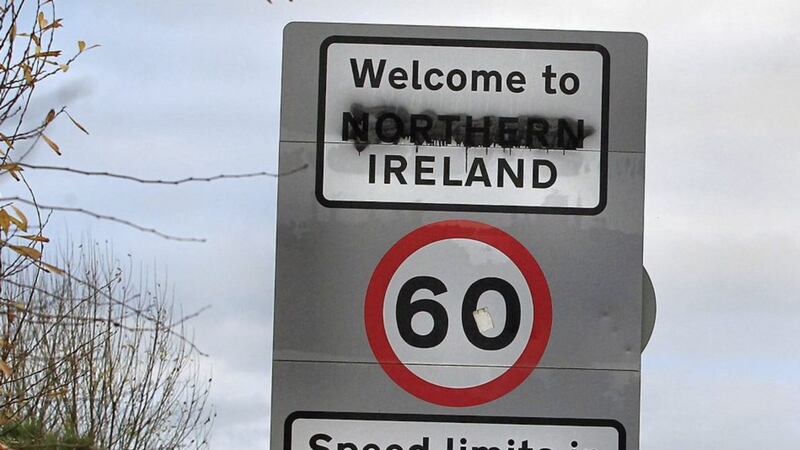The Republic's Ambassador to the European Union, Declan Kelleher, has outlined the importance of a 'backstop' as negotiations continue on the UK's exit from the European Union.
A 'backstop' agreement was reached between the EU and UK in December but its future was quickly thrown into doubt after the British government said it would not accept any plan which effectively set up a border in the Irish Sea.
The government announced its stance following a last minute intervention from the Conservative party's partners-in-government, the DUP.
Mr Kelleher told a Danish radio station the Republic and UK's membership of the EU was instrumental in helping to forge the Good Friday Agreement.
He said the agreement was possible because "both countries were members of the European Union".
"The border between north and south was the focal point for great bitterness, great division, and it is that that we need to ensure never returns... Brexit essentially takes Britain out of the European Union, removes one of the central elements that supported the Good Friday Agreement," he said.

Mr Kellaher said a backstop was essentially an "insurance policy" against strict customs checks at the border.
"The backstop is in a sense an all-weather insurance policy," he said.
He added: "The important point is that we have to ensure - pending the search for some better solution, if a better solution is possible, we don't know yet - that no damage is done to what has been achieved on the island of Ireland in terms of integration and the peace process, that's why we need the backstop".
Mr Kelleher said that "in theory" the backstop would ensure the north remains within the EU's customs regime to protect Ireland's economy and the peace process and would mean the border continues to have "no barriers".
"In the best of all possible worlds, if the British government were to agree to a solution, for example staying in the single market and customs union, that would remove the need for the backstop," he said.
"But that's not where we are so we have to have the backstop in the withdrawal agreement as a necessary certainty before we move forward on what will probably be quite a long process (of negotiations)".









